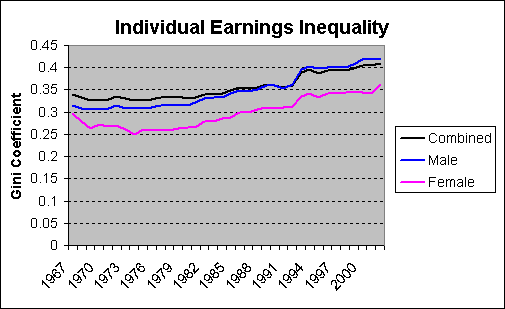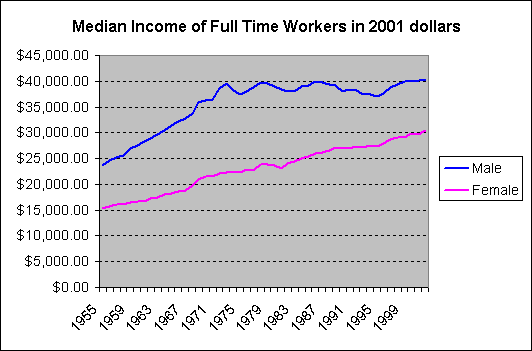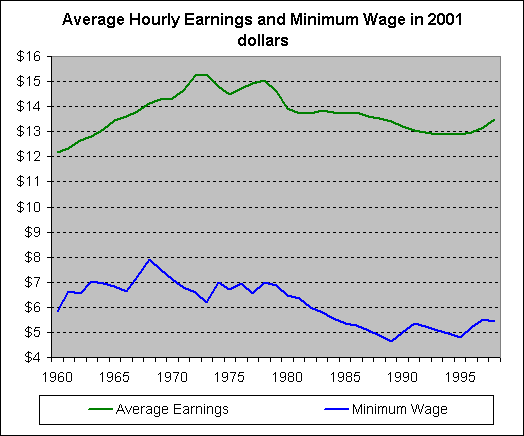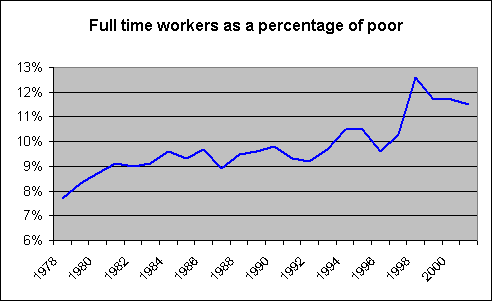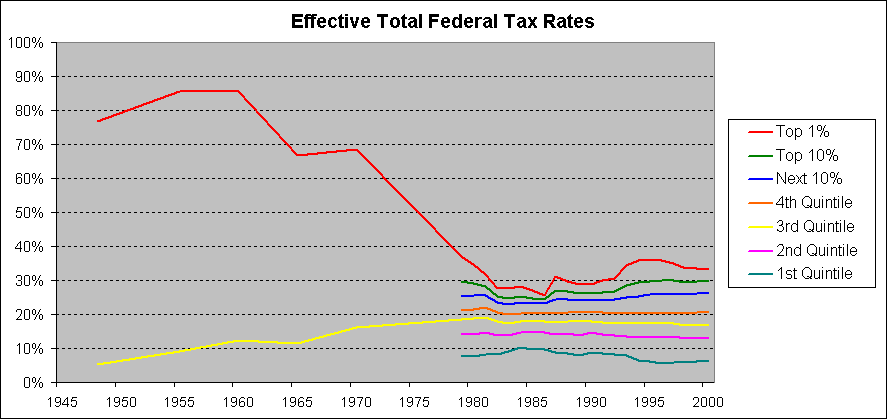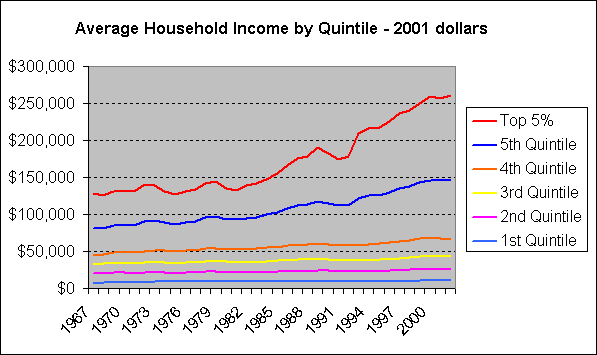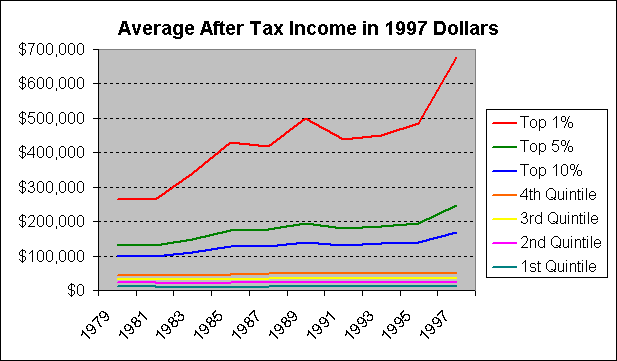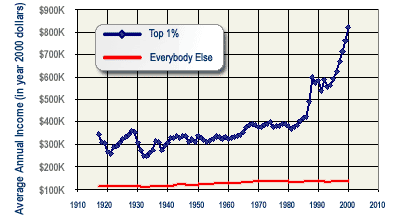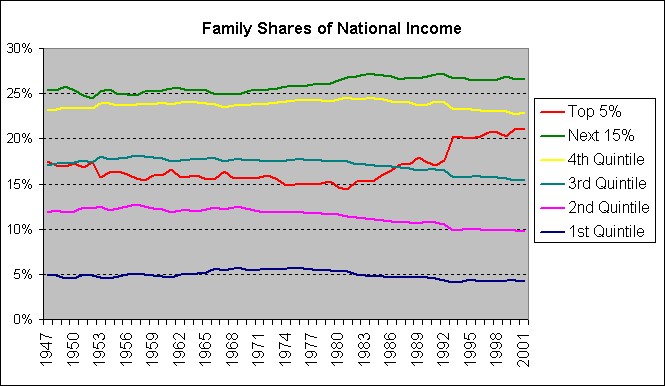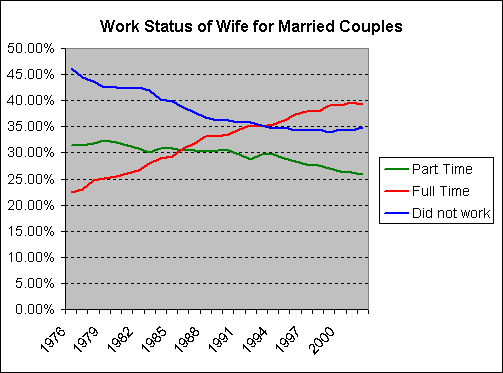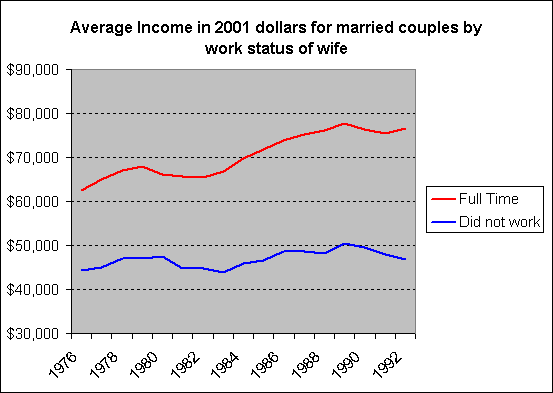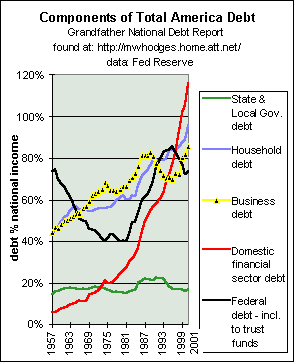A Biblical View of Social Justice
Posted by John Wheaton | Sunday, November 2, 2008 | 7:45 pm CT
Christian Social Justice: “Life is Just not Fair!” by John Wheaton, J.D.
SOURCE: http://thechristianworldview.com/tcwblog/archives/741
Life is just not fair.
Is it fair that Tiger Woods makes millions for playing a game of leisure while the average person struggles to pay the bills working 50-60 hours a week? Even worse, is it fair that some people are born into extreme wealth and freedom while others must live and often die in dire poverty or under severe oppression? No, life is not fair; unfairness is inherent in the human condition. But life can and should be just. When human acts or omissions are at the heart of these inequities and suffering, then social injustices have occurred. Unfortunately, these injustices shame and scar our world every day. This begs the question: What should a Christian do about it?
In matters of social concern, the biblical Christian should know God’s heart well. God has a special interest in the welfare of those at the lowest end of the social ladder: widows, orphans, legal aliens, and others who are oppressed or disadvantaged in society (Jeremiah 7:5-7). Recognizing this, modern Christians must lead the world in striving for social justice by clearly 1) defining “social justice”, 2) determining key biblical principles of social justice, and 3) developing a strong position on state-sponsored social action especially as it relates to addressing the major social problems of the early 21st century.
What is Social Justice?
First, it is essential that Christians clearly define what social justice entails. On its face, the term has a positive connotation that conveys a seemingly strong sense of virtue and morality. Basing a claim on an appeal to “social justice” provides the claim holder with a degree of persuasive advantage – a kind of moral blessing on his or her political, theological, or social ideas (Nash 6). However, social justice involves much more than a superficial label or feelings of compassion. It must involve a clear understanding and delineation of each social problem, the root cause of the problem, and the best solution for the problem. In short, “Good justice requires good judgment” (8).
Generally, social justice has two key components:
1.social – “living together in communities or organized groups”, and
2.justice – “the upholding of what is just, especially fair treatment and due reward in accordance with honor, standards, or law” (American Heritage Dictionary). Combining these two concepts, an apt, working definition might be, “Social justice exists when people get what they are due from their particular group or community.” Conversely, a social injustice occurs when people do not get what they deserve. This begs another important question: What do people deserve from their particular social group or society? Some say each person deserves an equal opportunity to work and acquire their society’s resources; others say each person deserves an equal share, or at least a basic share. As America’s founders recognized, people deserve from their society at least three basic inalienable rights specified in the Declaration of Independence: “life, liberty, and the pursuit of happiness.” While these rights are not directly protected by God – He even permits some people to be born into social conditions that threaten their life, liberty, and opportunities – it will be shown shortly that He expects human societies to uphold these rights and that He holds people accountable for failing to do so.
More specifically, social justice deals with three areas of social concern:
1.economic justice,
2.remedial justice, and
3.distributive justice. Economic justice involves a society’s rules and procedures for maintaining productive, efficient, and fair commercial markets. Remedial justice, similarly, involves just and fair rules and procedures pertaining to civil and criminal (legal) matters. Put in terms of the aforementioned operative definition, economic and remedial justice assure that every person is given fair and equal opportunity to access a society’s economic resources and its political and legal systems.
While economic and remedial justice systems focus on just procedures (i.e. due process), the third area, distributive justice, focuses on fair outcomes. It is concerned with relative fairness – that all people within a society actually possess a certain portion of that society’s “benefits and burdens” (Rawls 50). Put in terms of the aforementioned operative definition of social justice, every person deserves a certain fair share of society’s benefits and burdens. Even though all three forms of justice deal with social concerns, it is this last concept of distributive justice that is most often the central topic of debate surrounding social justice issues today – that is, how should a society be structured to assure a fair distribution of burdens and benefits among its citizens?
What are the Key Biblical Principles of Social Justice?
With a clear understanding of what “social justice” entails, the next essential step for the Christian is to determine what the Bible teaches about it. While the scriptures have plenty to say about justice, it is important to distinguish passages concerning the “outcome fairness” required by distributive justice from passages involving the “procedural fairness” required by a society’s economic or remedial justice systems. It is even more important to consider each “distributive” passage in context – to understand that some social action can be mandated and performed by the state while some is to be done lovingly and voluntarily by private groups (including churches) and individuals.
Proverbs 31:8-9 says, “Open your mouth, judge righteously, and defend the rights of the afflicted and needy.” This and many other biblical passages make it clear that every human being has a God-given, unalienable right to life and liberty in society, which includes the right to be free from oppression and affliction, whether at the hands of human or natural forces.
Conversely, every human being, especially society’s leaders, has a God-given moral duty to protect fellow human beings from social injustices whenever and wherever it is practical to do so (Prov. 3:27-28). The prophets Amos and Micah spent much of their ministries condemning leaders in Israel for failing to practice social justice. They stressed the “integral relationship between true spirituality and social ethics” (The New Open Bible 1003). Scores of other scriptural examples and passages abound on social action and justice.
The fundamental basis for pursuing social justice goes back to the fact that every human being is created in God’s image and thus has intrinsic value. Furthermore, Jesus makes it clear that God’s law can be summarized in two commandments: love God and love your neighbor (Luke 10:25-37). He explains further that “love thy neighbor” means helping people in need until they can become self-sufficient as illustrated by the so-called Parable of the Good Samaritan. In fact, all people have a moral duty to help other people who are disadvantaged in society. According to scripture, the church and the state play distinctive roles in addressing those needs.
On the one hand, the theocratic nation of Israel had a responsibility to practice distributive social justice in a statist sense as prescribed in the Mosaic Law (Old Covenant). Deuteronomy 15:1-11, for example, details how debts were to be forgiven every seventh year as one means of providing for the poor. This shows how Israeli society was expected to relieve the burden of debt on those who were unable to succeed in the marketplace of that day.
Another example of state sponsored distributive justice in Israel involved one form of tithing. Deuteronomy 14:28-29 states,
At the end of every third year you shall bring out all the tithe of your produce in that year, and shall deposit it in your town. The Levite, because he has no portion or inheritance among you, and the alien, the orphan and the widow who are in your town, shall come and eat and be satisfied, in order that the LORD your God may bless you in all the work of your hand which you do.
This tithe was in essence a welfare tax whereby Israeli citizens were to give the equivalent of 3.3% of their annual incomes to help the disadvantaged in society – those who could not meet their own needs through agrarian or commercial means.
Even gentile nations, it seems, were expected to practice some form of distributive justice. For instance, Israel was condemned for committing another kind of “sodomy”; specifically, failing to help the poor and needy. “Behold, this was the guilt of your sister Sodom: she and her daughters had arrogance, abundant food and careless ease, but she did not help the poor and needy” (Ezek.16:44-50).
On the other hand, the church and individual Christians under the New Covenant of grace have somewhat different obligations of distributing resources. Since New Testament times, Christians have operated under various forms of governments and economic systems. While the church and individual Christians must be in subjection to these governing social systems, and may be able to influence civic leaders to be more just and fair, their first priority is to practice the law of love directly on their fellow man. This means to give care to anyone in need, beginning first with one’s own family (1 Tim 5:8), then fellow believers (Gal. 6:10), and even to every human being (Gal 6:10; James 1:27-2:26; cf. Rom. 13:1-10). Sharing the love and good news of Jesus Christ can and should be a part of the Christian’s sharing ministry (Matt. 28:18-20; cf. Acts 3).
Early Christians, for example, demonstrated how a system of distribution could be set up to meet the needs of everyone within a local church community (Cf. Acts 2:43-45, Acts 5:1-11, Acts 6:1-6). This communal sharing was a voluntary method of meeting pressing needs within the church. Of course, this was a far cry from the politically driven socio-economic Marxism, communism, and socialism that exist in present times, all which grant citizens the right to possess a large share of society’s burdens but only a small (though equal) share of its benefits.
The Apostle Paul similarly demonstrated how voluntarily meeting the needs of Christians in other church communities was important (cf. Acts 11:29-30, Gal. 2:10, Rom. 15:25-27, 1 Cor. 16:1-4). In fact, unlike the tithe of Israel, Paul showed that Christian giving for needy brothers in Christ was to be generous, voluntary, equitable, cheerful, anonymous, and in the name of Jesus Christ. This giving out of love instead of obligation truly glorified God. (cf. 1 Cor. 16:2; 2 Cor. 8-9, Matt. 6:2-4, Col. 3:17, 1 Cor. 10:31). It is helpful here to reiterate that, under the New Covenant, Christian charity was to be voluntary, not coerced by the state or any other institution.
Finally, it should be noted that the early church used great care in discerning who should receive their social support. For example, a widow was to be put on a list for permanent, life-time support only if she met certain criteria. Paul sets these down clearly in I Timothy 5:3-6: she must be at least 60 years old, “left alone” without family or presumably any other means of support, a woman of prayer, married only once, and a reputation for good works, among other things. In contrast, Paul admonishes the Thessalonians to withhold their social care to those unwilling but able to work: “if anyone will not work, neither let him eat” (II Thess. 3:6-15).
All of these scriptural examples show how God is not as concerned with perfect equality or fairness as He is with the just treatment of those who are unable to support themselves in a local community and in society at large. In this sense, life really is meant to be just… not fair. On the one hand, able bodied people are expected to support themselves. Those unable to support themselves, depending upon the severity of their condition, are provided with social safety nets beginning first with the family, then the church, and lastly, as will next be shown, the state.
What Should be the Christian’s Position on State Sponsored Social Action?
It is evident that pursuing social justice is one of the highest moral responsibilities of the church and of the individual Christian. Recognizing that life can and should be just, though not necessarily fair, Christians should be at the forefront of the effort to pursue social justice through voluntary church and charitable social work. While it is important for every believer and church to practice private, voluntary acts of charity and social justice, it is also essential that every Christian develop sound convictions regarding social action by the state.
Christians should be at the forefront of encouraging state-sponsored, democratic and, what some would deem “conservative” social values. Not only the value of giving wealth and resources to aid the truly needy in society, but also, to name a few, the just and biblical values of protecting private property rights and ownership, maintaining a small but efficient governmental bureaucracy, encouraging a strong work ethic and a free market economy, defending the traditional family and the rights of the unborn and infirmed, promoting a strong national defense and a protective foreign policy that preserves our national interests while defending human rights, and promoting free speech and religious tolerance. [Though I would like to defend these conservative ideals as decidedly biblical and Constitutional, present time and space limitations do not permit me to do so here – perhaps in a future paper.]
Of course, Christians have little or no influence over state policy in most non-democratic societies. In such cases, unfortunately, the Christian has no choice but to quietly acquiesce to the governing authority – except in matters of conscience – or risk the loss of life, property, or the limited liberties he or she may have under the regime.
However, in a free and open society like the United States, Christians can and should influence social policy through their voting, being involved in party politics, forming public interest groups, serving in government, and participating in lawful demonstrations.
Many Christian pro-life groups, for example, are committed to using political means to end the abominable injustice of killing unborn children in America. In fact, immoral abortion laws will never be overturned in the U.S. without rigorous and legal political action being taken by a powerful coalition of Christian and other anti-abortion groups.
Some argue, however, that Christian individuals, advocacy groups, and churches are too involved in American politics. They say spreading the gospel, not gaining political power, should be the primary concern of the Christian and the church. Of course the gospel should be primary, and Christians must not seek to build a theocracy or wield their power and influence in a way that shames God or the gospel. But it is not an either-or proposition. Relinquishing governmental control to others so that Christians merely have “power under” as popular scholar and pastor Greg Boyd suggests, is altogether foolish and immoral (Goodstein, “Disowning Conservative Politics”). It imprudently puts Christians outside the gates of democratic power and influence – a place they have every right and responsibility to be, and a place where they can effectively protect the rights of their families and their fellow man, most notably, the poor and oppressed (cf. Prov. 31:8-9). As one parishioner asked rhetorically after hearing Pastor Boyd’s recent assertion that the church should step out of politics, “So why NOT us? If we contain the wisdom and grace and love and creativity of Jesus, why shouldn’t we be the ones involved in politics and setting laws?” (Goodstein, “Disowning Conservative Politics”). Another disgruntled parishioner exclaimed, “You can’t be a Christian and ignore actions that you feel are wrong. A case in point is the abortion issue. If the church were awake when abortion was passed in the 70’s, it wouldn’t have happened. But the church was asleep” (Goodstein, “Disowning Conservative Politics”).
The church and individual Christians in America must be citizens who are fully awake and aware, engaged in the political process at every level, raising their voices, their dollars, and their hands to elect candidates and support just lobbying efforts. Christians can also support state social action and policies where individual, church and charity actions fall short, such as using public money or manpower to rebuild infrastructure after a disaster like Katrina. Furthermore, Christians can also support state action, such as President George W. Bush’s Faith-Based and Community Initiatives, which directs public monies toward private church and charity programs. These programs can often do the work of helping people much more personally and effectively than the unwieldy bureaucracies of government.
One good example of how Christians are attempting to have God-honoring influence on the political process (even on two sides of the same social justice issue) is the Climate Change Initiative. In early 2006, a group of American evangelical leaders issued a statement calling on the U.S. government to join a large block of the world community in striving to end what they claimed was human-induced global warming (Climate Change). The initiative was based mainly on an appeal to social justice: “The consequences of global warming will… hit the poor the hardest, in part because those areas likely to be significantly affected first are in the poorest regions of the world” (Climate Change). Even more interesting (and laudable) are the opening words to their statement, which powerfully express their view concerning Christians having a voice in state social policy:
As American evangelical Christian leaders, we recognize both our opportunity and our responsibility to offer a biblically based moral witness that can help shape public policy in the most powerful nation on earth, and therefore contribute to the well-being of the entire world. Whether we will enter the public square and offer our witness there is no longer an open question. We are in that square, and we will not withdraw. (Climate Change)
Whether the evangelical signers of the Climate Change Initiative are correct in their assessment remains to be seen; the scientific community’s jury is still out on whether human activity really causes global warming. This is precisely why another group of evangelical leaders decided to join the political debate on the issue and declined to sign the statement based, no less, on a separate social justice claim.
E. Calvin Beisner, associate professor of historical theology at Knox Theological Seminary… said ‘the science is not settled’ on whether global warming was actually a problem or even that human beings were causing it. And he said that the solutions advocated by global warming opponents would only cause the cost of energy to rise, with the burden falling most heavily on the poor. (Goodstein, “Evangelical Leaders”)
This example, and many more, illustrates how every Christian – whatever his or her political stripes – can and should influence state policy regarding life-giving social action.
This example also aptly illustrates how Christians must exercise careful discernment when considering the problem, root cause, and best solution for any social concern. Christians should be very careful not to jump on a bandwagon of questionable validity. Not every social action is necessarily good and positive even if it springs from sincere and good intentions. Some examples of seemingly helpful actions – distributing condoms in Africa, clean needles to drug addicts, or incremental welfare to unwed mothers – may address immediate or surface problems, but over time, they can lead to much worse social problems. It has been widely shown that distributing condoms, clean needles, and incremental child welfare only perpetuate the social problems those state distribution programs are attempting to alleviate. Christians have a duty to offer prudent and wise solutions.
“… [G]ood and just results are the ultimate test. Sound and logical principles must be at the heart of our feelings and acts of compassion, or we risk making bad situations worse” (Nash 2). We also risk shaming the good name of Jesus Christ if we offer solutions, such as those just listed, that are illogical, impractical, and just plain ridiculous.
A word of caution about socialism (democratic or otherwise) is in order here. Should Christians advocate a state political and economic system that to some extent redistributes wealth in order to bring about equality and lift up the poor? This temptation to use the state as a collectivist Robin Hood that steals from the rich and gives to the poor must be avoided at all costs. In fact, socialism, in any form, only hurts the poor in the end. Doug Bandow of the Cato Institute clearly addresses the dangers of socialism in his paper, “Capitalism and Christianity: an Uneasy Partnership”:
In the 20th century, capitalism proved superior for meeting human needs than socialism. Yet many Christians, rightly concerned about the poor, blame capitalism for the world’s ills…. While some government safety nets may be in order, government redistribution of wealth is usually a disincentive for production, lowering economic production and exacerbating social problems. Equal opportunity to succeed in a free society is what is required. Christian men and women can help people in poverty by ensuring they get the education required to prosper and that they are not kept in poverty through the unjust action of others. (Capitalism and Christianity 39)
Bandow’s article concludes,
Is capitalism Christian? No. It neither advances human virtures (sic) nor corrects ingrained personal vices; it merely reflects them. But socialism and its weaker statist cousins exacerbate the worst of men’s flaws. By divorcing effort from reward, stirring up covetousness and envy, and destroying the freedom that is the necessary precondition for virtue, socialism tears at the just social fabric that Christians should seek to establish. A Christian must still work hard to shed even a little light into a capitalistic society. But his task is likely to be much harder in a collectivist system. (55)
Conclusion
In regard to social justice, Christians must have a clear intellectual grasp of what social justice entails and the biblical principles that guide the Christian in his or her support of individual, church, and state social action. Christians also have a duty to wisely apply those sound principles to the major social problems of the early part of the 21st century. How individual believers and the church at large address these issues will impact many lives and bring great glory (or shame) to the name and gospel of Jesus Christ. It is of course axiomatic that any social action be motivated and implemented in a spirit of true Christian justice, grace and love.
In the final analysis, recognizing that life can and should be just, though not always fair, Christians can take the lead in church and charitable work and in advocating the careful application of state sponsored social action. Only Christians can offer the disadvantaged (both in the church and society) true love and spiritual healing, and, ultimately, only Christians can give God the glory in the process. By doing so they thus “fulfill the law of Christ” (Gal. 6:2, 10).
Works Cited
American Heritage Dictionary Online. www.bartleby.com. No pag.
Bandow, Doug. “Capitalism and Christianity: An Uneasy Partnership”. EBSCO Publishing: International Journal on Peace. September 3, 2002, Vol. XIX No. 3.
Climate Change: An Evangelical Call to Action. May 28, 2006. www.christiansandclimate.org/statement. No pag.
Faith-Based and Community Initiatives. The White House of President George W. Bush, August 7, 2006. http://www.whitehouse.gov/government/fbci/. No pag.
Goodstein, Laurie. “Disowning Conservative Politics Is Costly for Pastor”, The New York Times, July 30, 2006.
Goodstein, Laurie. “Evangelical Leaders Join Global Warming Initiative, The New York Times Online, February 8, 2006 www.nytimes.com/2006/02/08/national/08warm.html.
Nash, Ronald H. Social Justice and the Christian Church. (1st edition) Lima, Ohio: Academic Renewal Press, 2002.
The New Open Bible. New American Standard Version. Nashville: Thomas Nelson Publishers, 1990.
Rawls, John. Justice as Fairness: A Restatement. (1st edition) Cambridge, Mass: Belknap Press, 2001.





